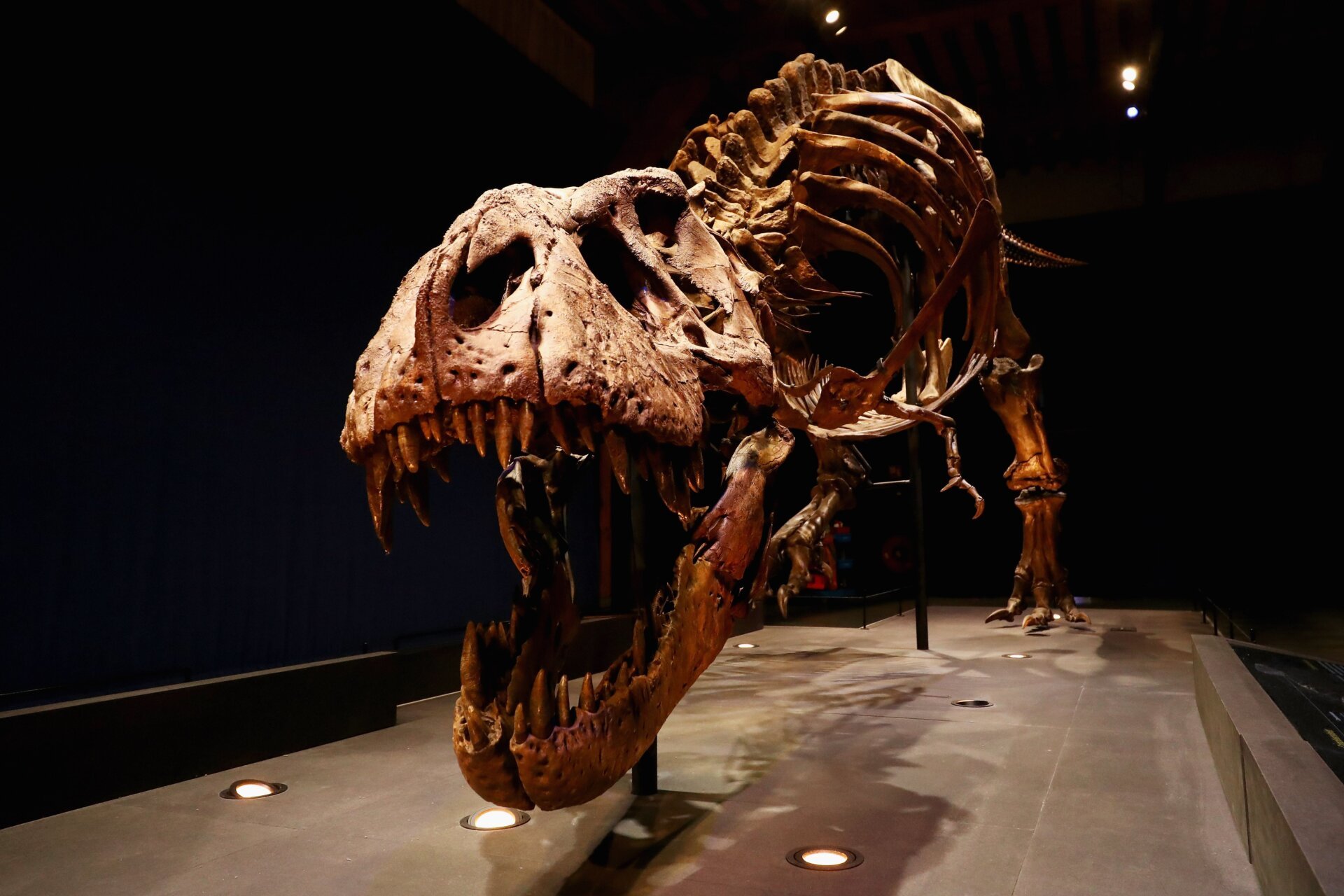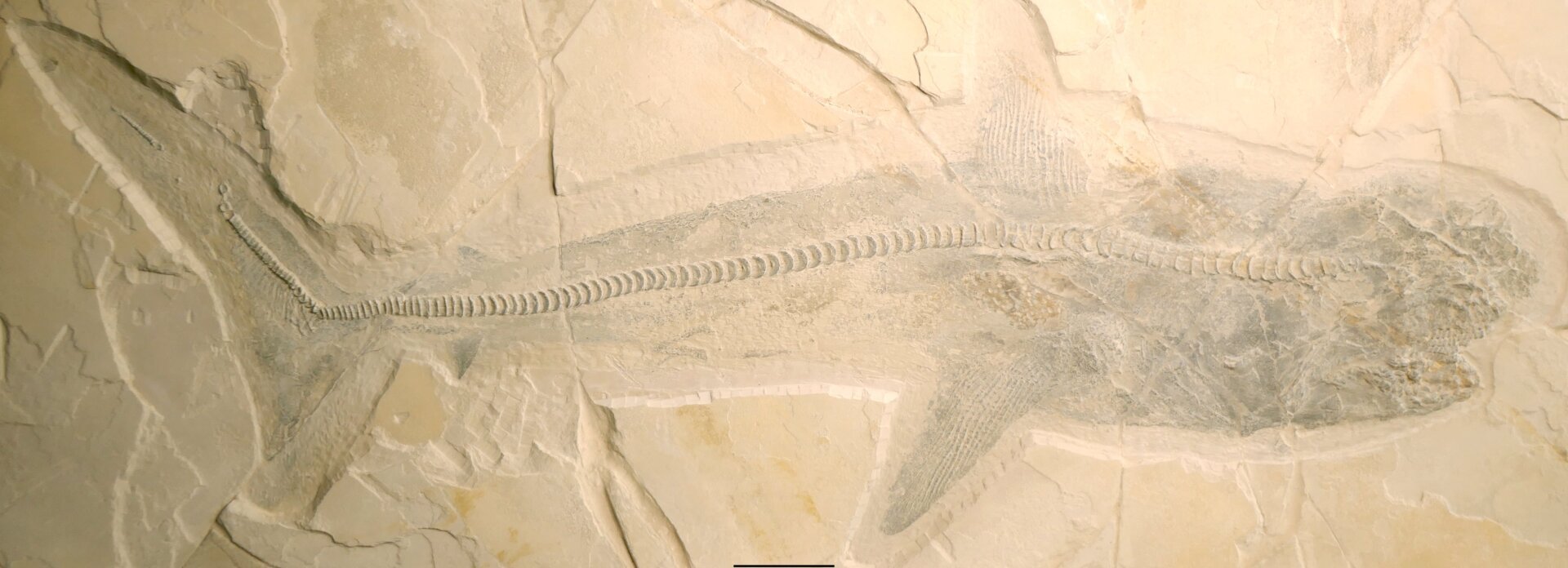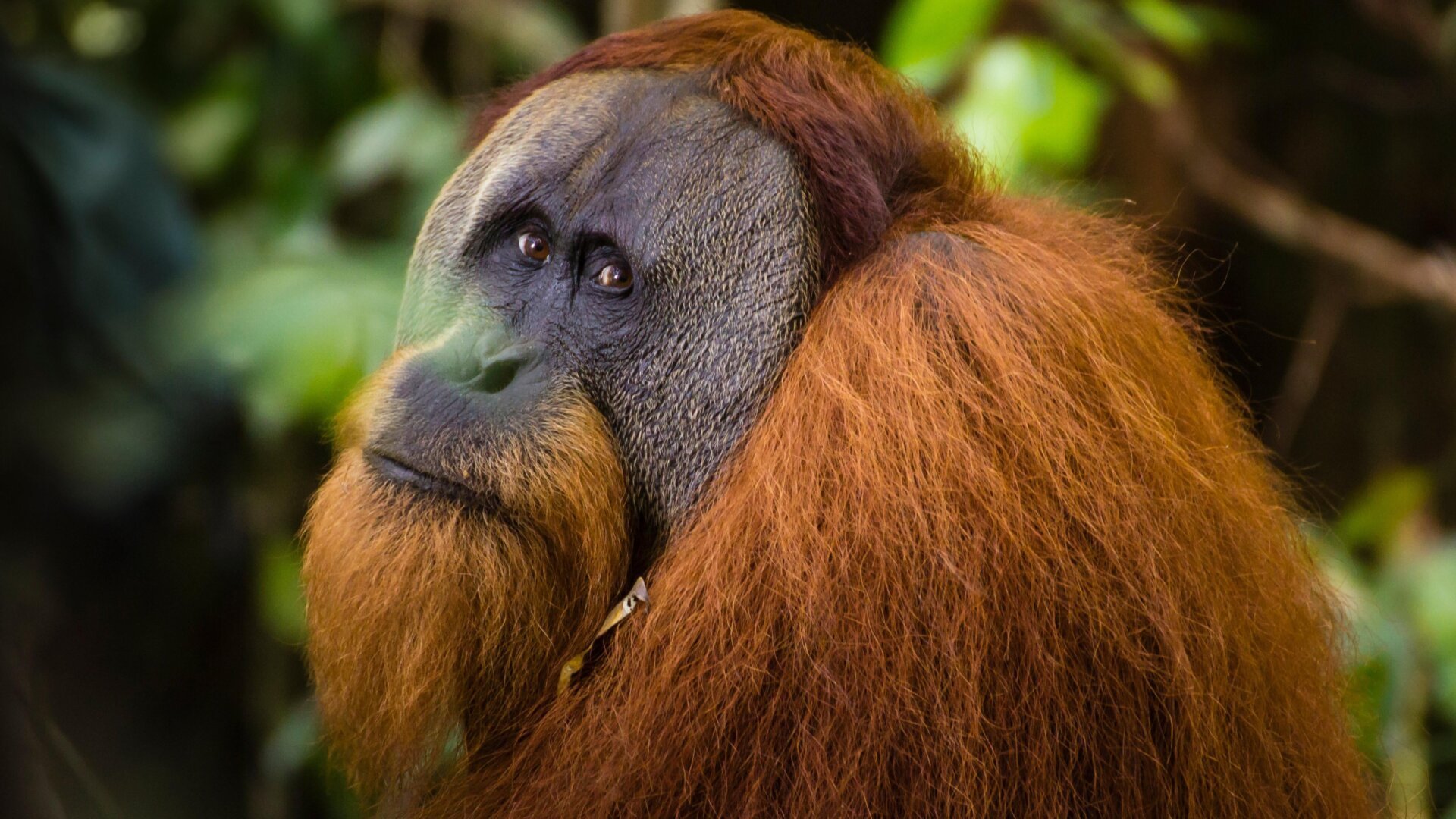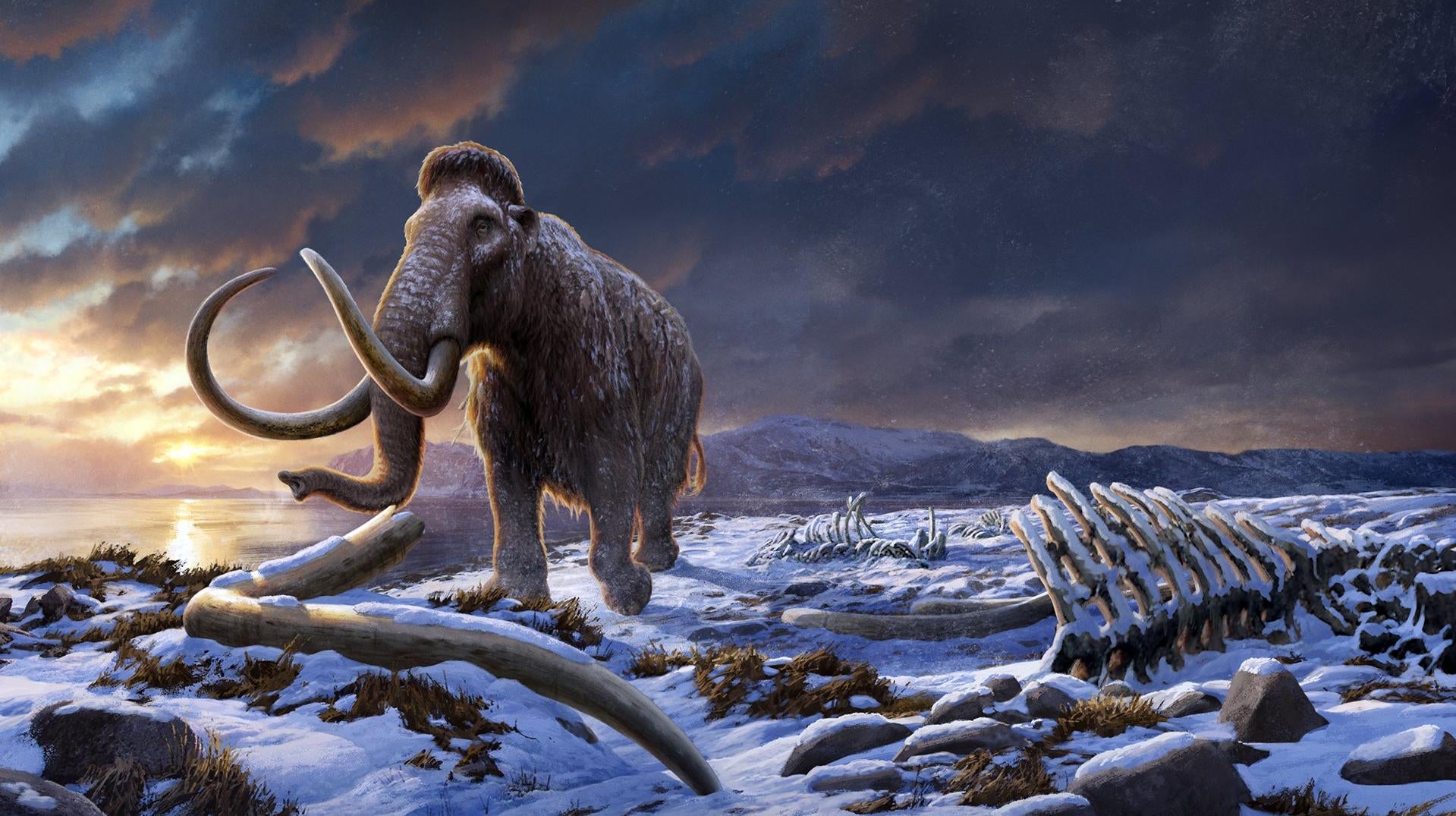The Tyrannosaurus rex, a creature of prehistoric nightmares, has long captured our imaginations. Recent research ignited a debate about its intelligence, suggesting it possessed cognitive abilities comparable to modern monkeys. However, a new study challenges this claim, asserting that the T. rex’s intelligence was more akin to that of present-day crocodiles and reptiles.
This re-evaluation stems from a critical analysis of a 2023 paper published in the Journal of Comparative Neurology. The original study, authored by neuroscientist Suzana Herculano-Houzel, proposed that theropods, the dinosaur group encompassing T. rex, had neuron counts similar to monkeys. This implied that these creatures were not just giants, but also potentially long-lived and capable of complex thought processes.
The new research team argues against these conclusions. They contend that theropod dinosaurs likely had significantly fewer neurons than previously suggested. Furthermore, they highlight that using neuron counts and relative brain size as primary indicators of intelligence in extinct animals is flawed. “We argue that it’s not good practice to predict intelligence in extinct species when neuron counts reconstructed from endocasts are all we have to go on,” explains Kai Caspar, a biologist at Heinrich Heine University Düsseldorf and lead author of the new study.
Unlike fossilized skin, the preservation of dinosaur brains and other internal organs is exceedingly rare. This scarcity forces scientists to rely on indirect evidence to assess their cognitive abilities. Herculano-Houzel’s original study extrapolated neuron counts from existing data on modern sauropsids (birds and reptiles) and applied this scaling to dinosaurs and pterosaurs. In response to the new study’s critique, Herculano-Houzel emphasized the importance of scientific discourse: “Readers should analyze the evidence and draw their own conclusions. That’s what science is about!”
The animal kingdom boasts a wide spectrum of intelligent species. Many animals, including reptiles, demonstrate tool use, and some exhibit self-awareness. Studying living animals allows for direct observation and experimentation, offering more reliable insights into their cognitive capacities compared to extrapolations based on limited fossil evidence.
“The possibility that T. rex might have been as intelligent as a baboon is fascinating and terrifying, with the potential to reinvent our view of the past,” states Darren Naish, a paleozoologist at the University of Southampton and co-author of the new study. “But our study shows how all the data we have is against this idea. They were more like smart giant crocodiles, and that’s just as fascinating.”
The T. rex, with its formidable predatory nature, continues to hold a special place in our fascination with dinosaurs. Even if its intelligence was not on par with primates, its status as a fearsome predator remains undisputed. This ongoing debate highlights the challenges and complexities of reconstructing the past, reminding us that scientific understanding is a constantly evolving process.
More: Which Animal Will Develop Human-Level Intelligence in the Future?











